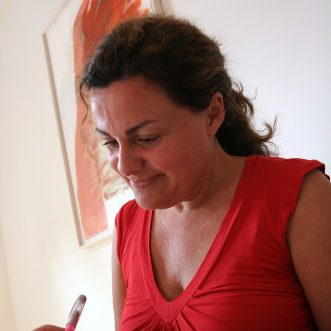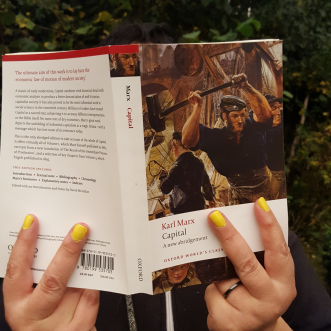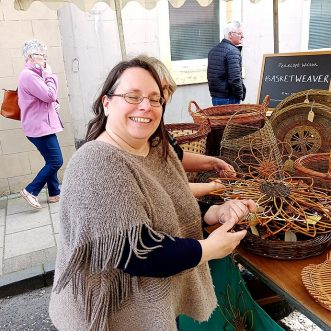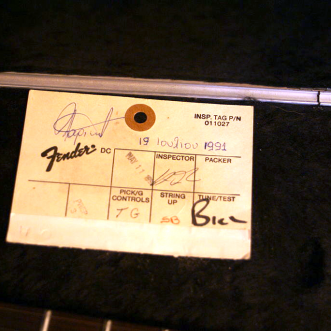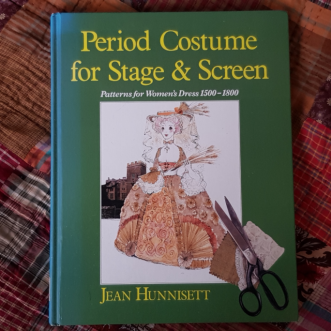January 17, 2023
Lifestyle businesses get a bad rap. As if they are not serious. As if they are not real businesses.
In a ‘lifestyle’ business, people make things, or offer their services, for money, that they then use to buy other things which support and enhance their lifestyle – including keeping the business going.
In a ‘proper’ (i.e. capitalist) business, people put money into ventures that will make them more money, that they then use to put into either the same venture or others, that will make them more money. Sometimes the venture is making things that enhance lifestyles, but it doesn’t really matter what it is (smoking, sugary food, addictive medicines) as long as it turns money into more money. Capitalist business is how we’ve got to the mess we’re in.
But it’s lifestyle businesses that get a bad rap.
When in fact they are the original (and best) business type.
They don’t even have to be small. A lifestyle business can support hundreds of people, maybe even thousands.
The point is that they are about life, not money.
Let’s have more lifestyle businesses, I say.
And let’s make them even easier to run for their owners, so they can get bigger and last longer without turning capitalist.
Ask me how.
